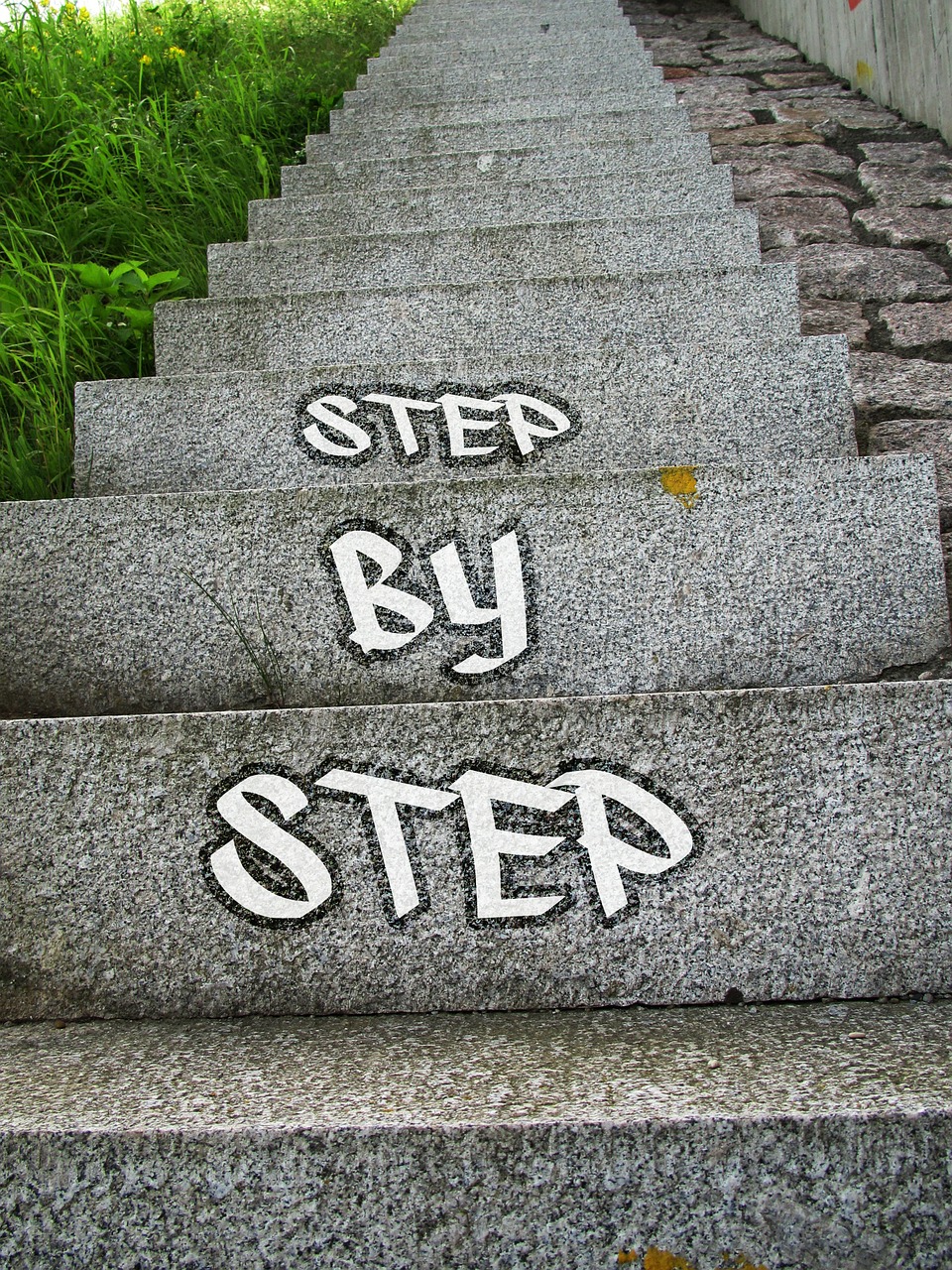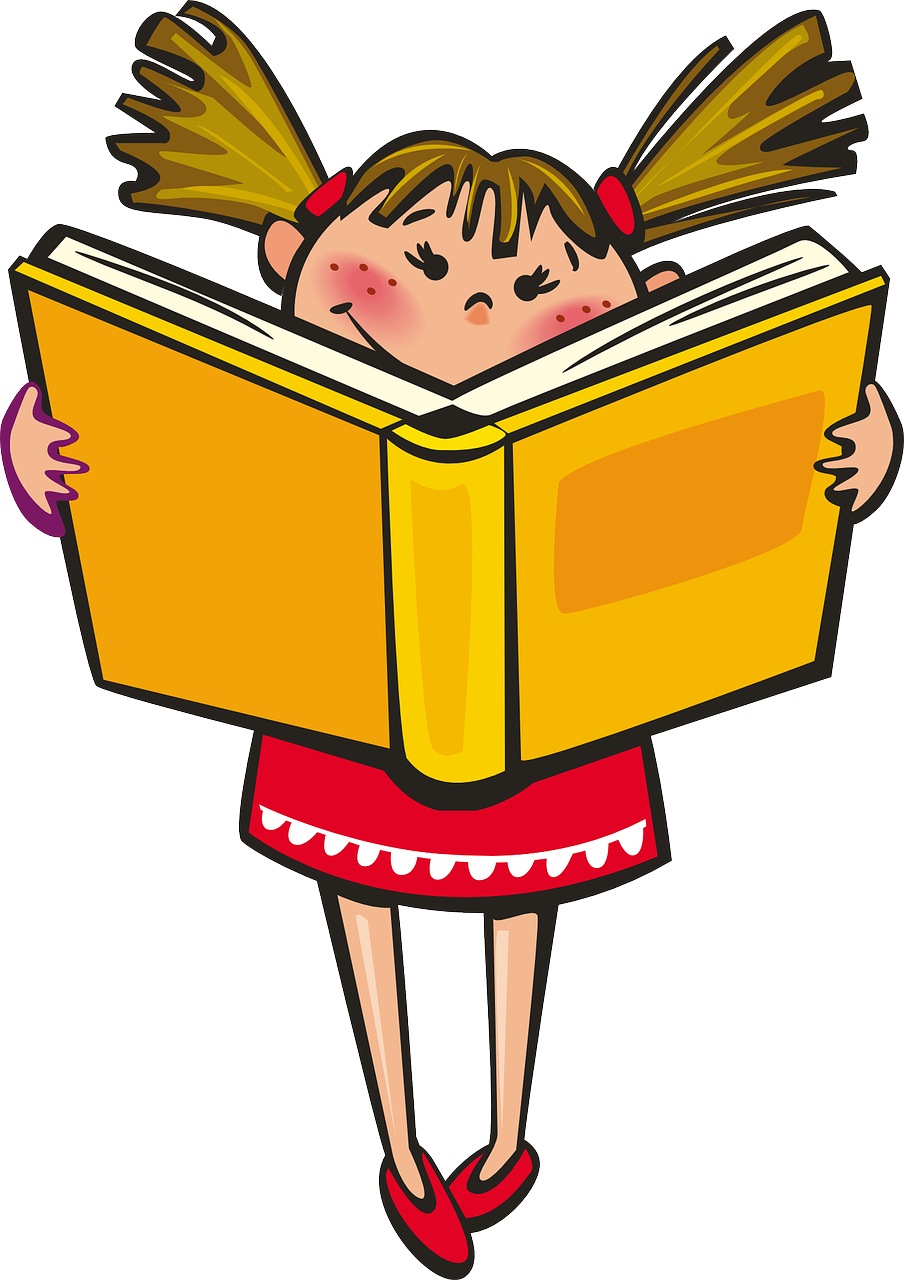Get it down. Take chances. It may be bad, but it’s the only way you can do anything really good.
– William Faulkner
Taking chances. How many times do you begin something then give up? Mr. Faulkner was right. It may be bad. But you have a starting point. It can be improved upon, fixed, tweaked, torn apart and redone. That sounds a lot like writing a novel. And since he was an author, I’m sure that’s what he meant in the quote.
If you feel your first draft is your best, you’re wrong. It’s just the beginning. When you finish your book, the feeling of euphoria envelops you. You deserve to feel that way. You are done. You’ve accomplished a mighty task.
Now walk away. Don’t do anything to this manuscript. Wait a week or two. Then start to read it again. Hopefully you’ll realize it’s just a first draft, a stepping stone to something better.
When I first started writing, I felt as if my book needed to be sent out into the world immediately. After looking back on some of that work—Ugh! I can’t believe I felt that way. I now read my story at least three times before I have anyone look at it. That can take time, and in this day and age, a lot of us don’t have the patience for that. But if you want something to be good, I think patience needs to be added to your list.
Take chances.
Scary? Yep.
Exhilarating? Sometimes.
Unsure? Always.
But if you don’t take that first step, you’ll never know. You know the old saying, “Today is the first day of the rest of your life”. So go ahead. Take that chance. You may be one day closer to something good.




